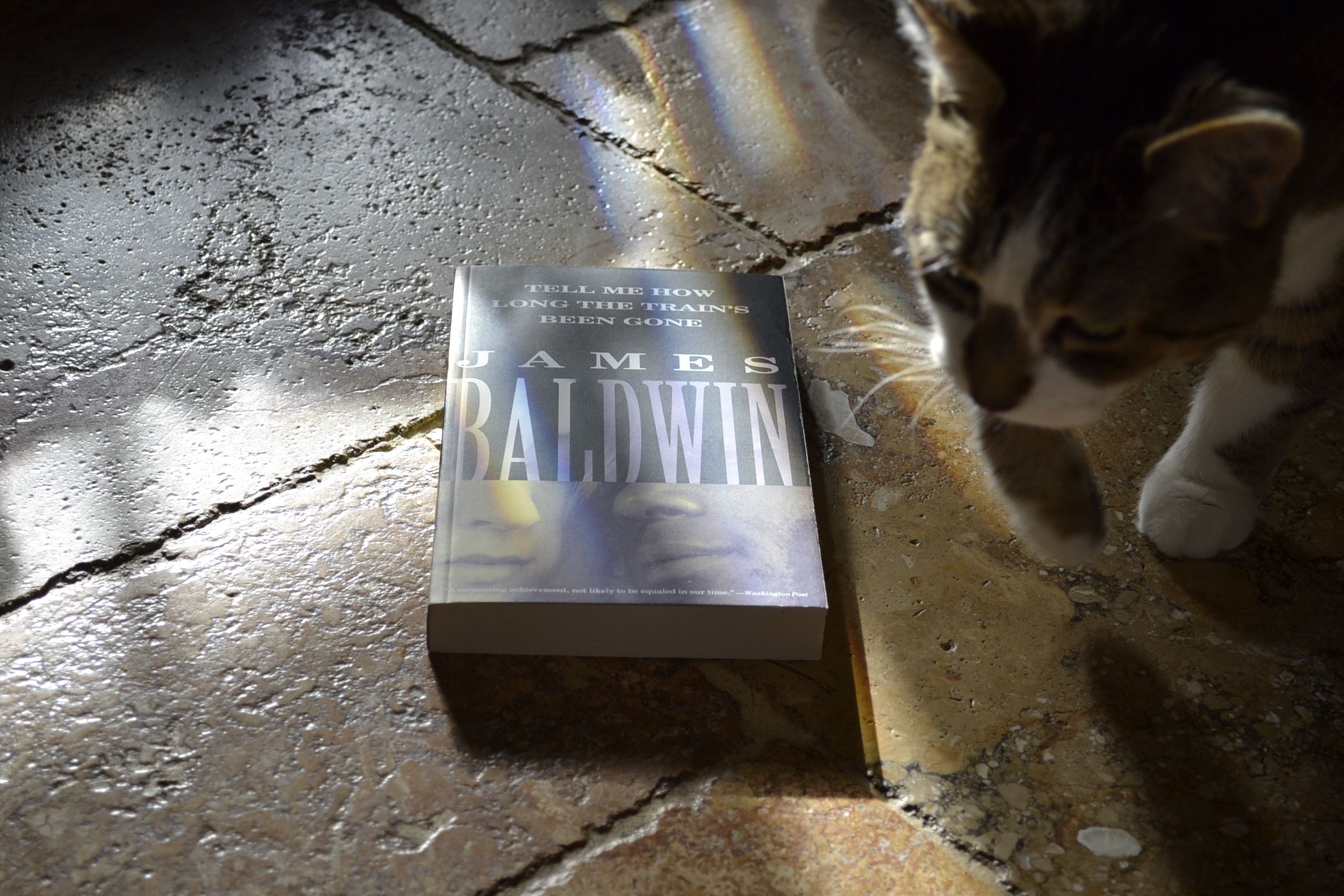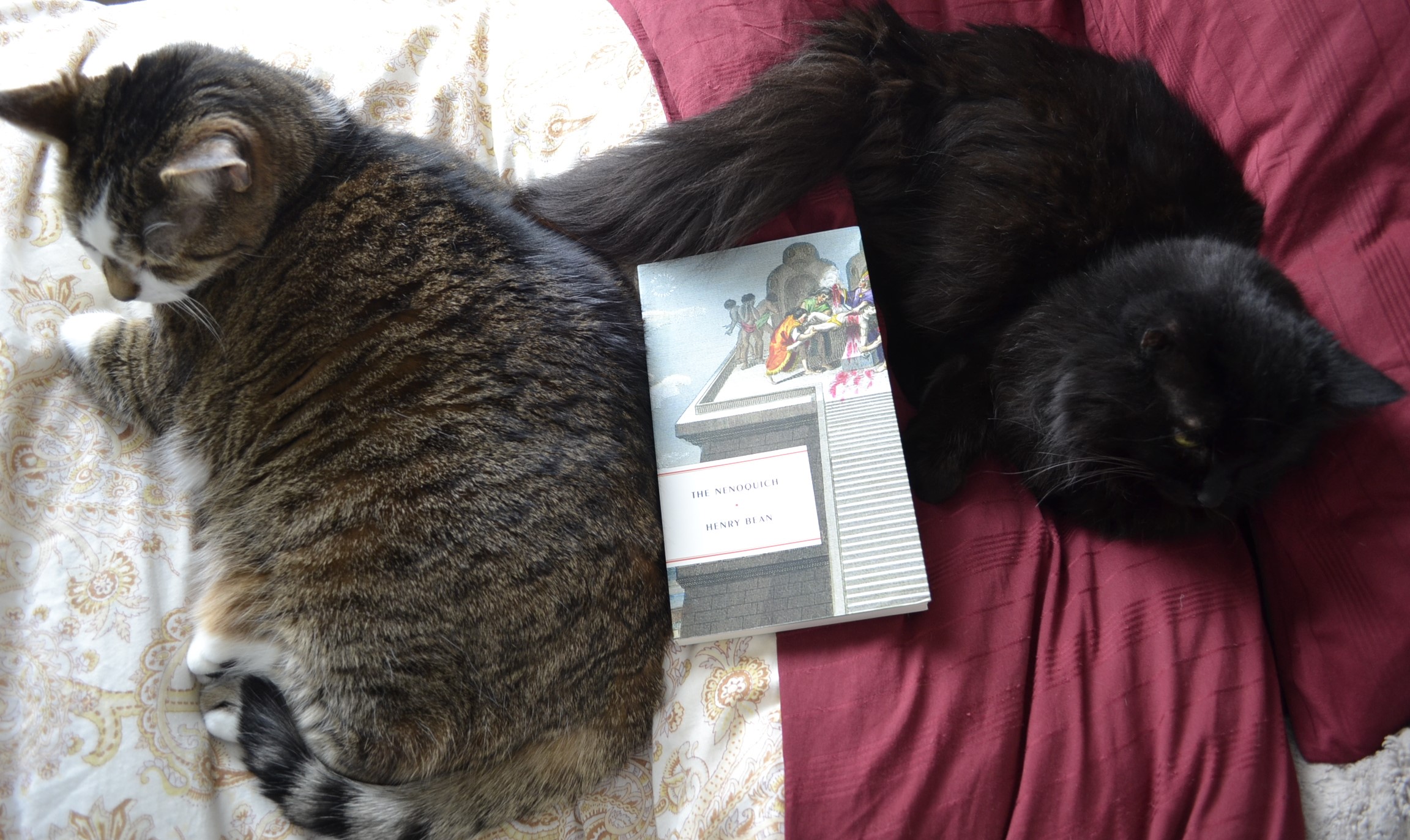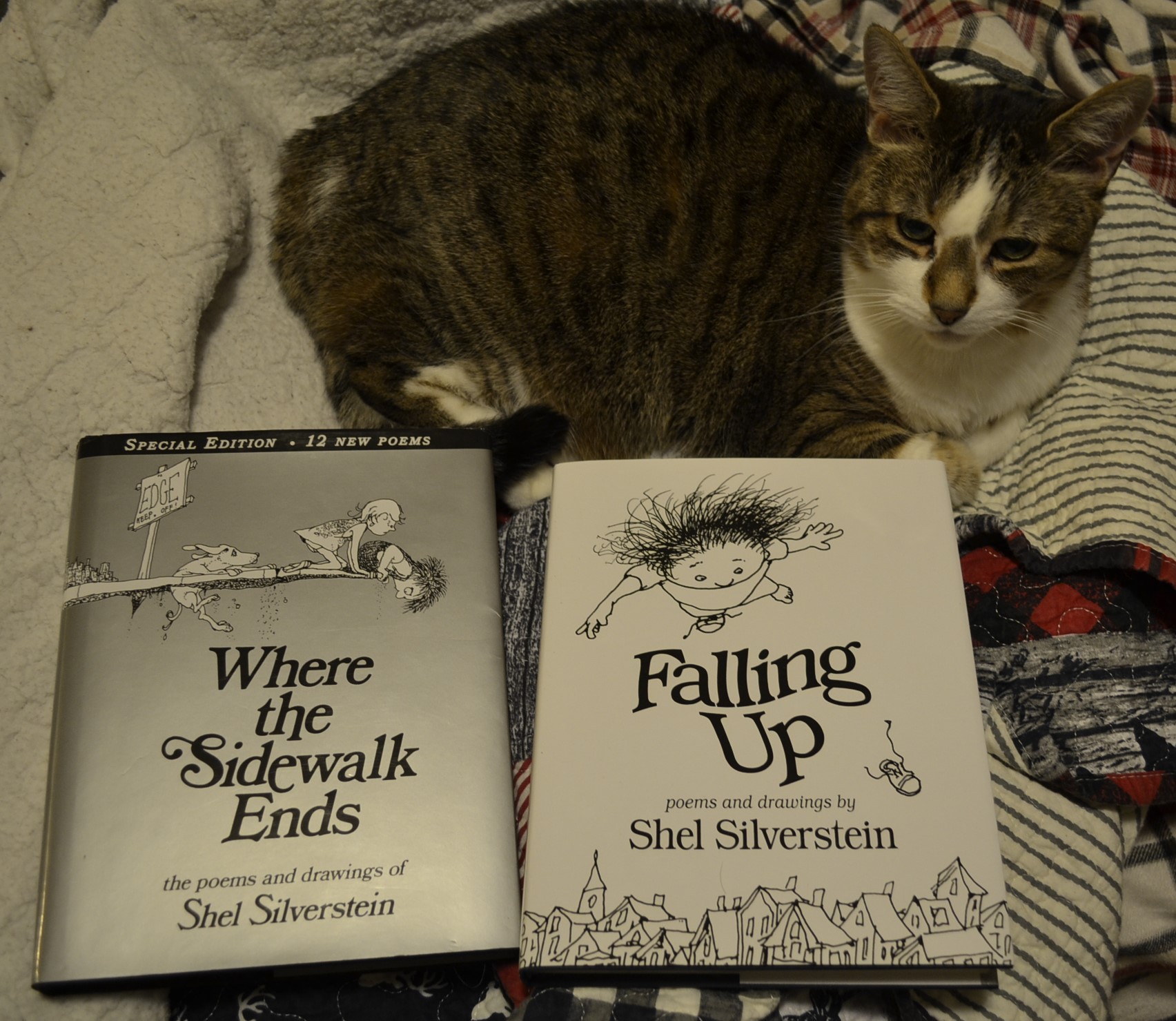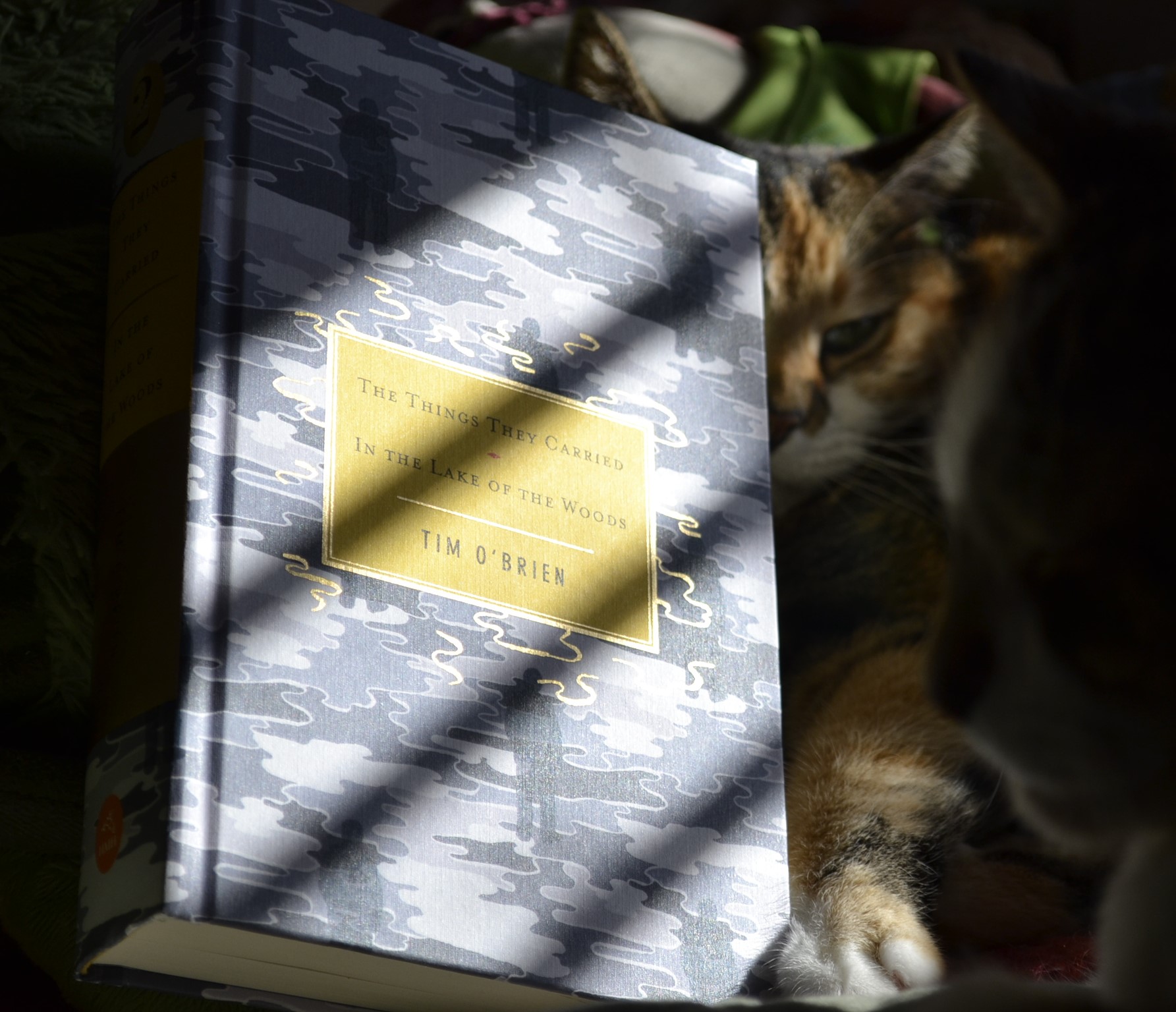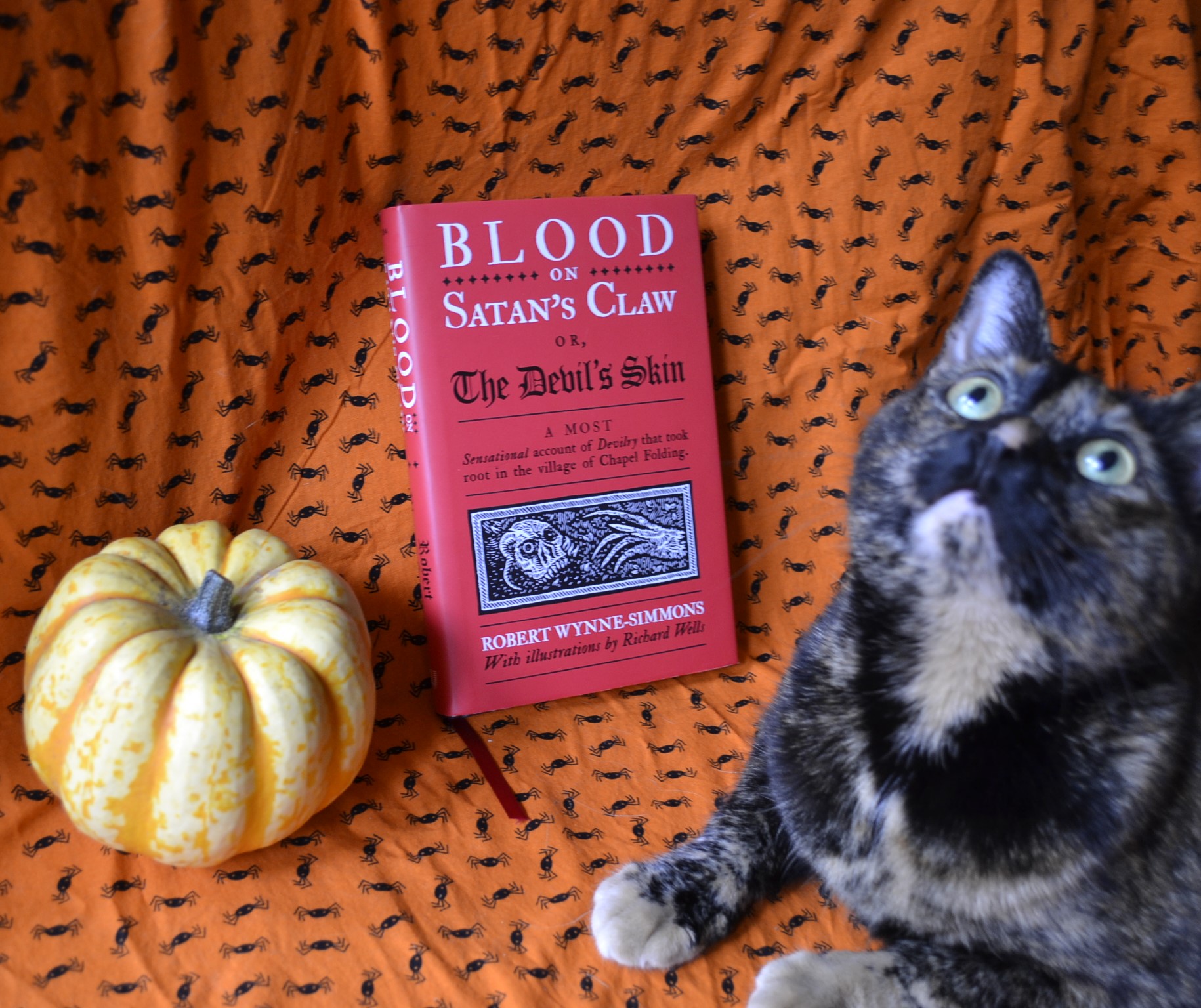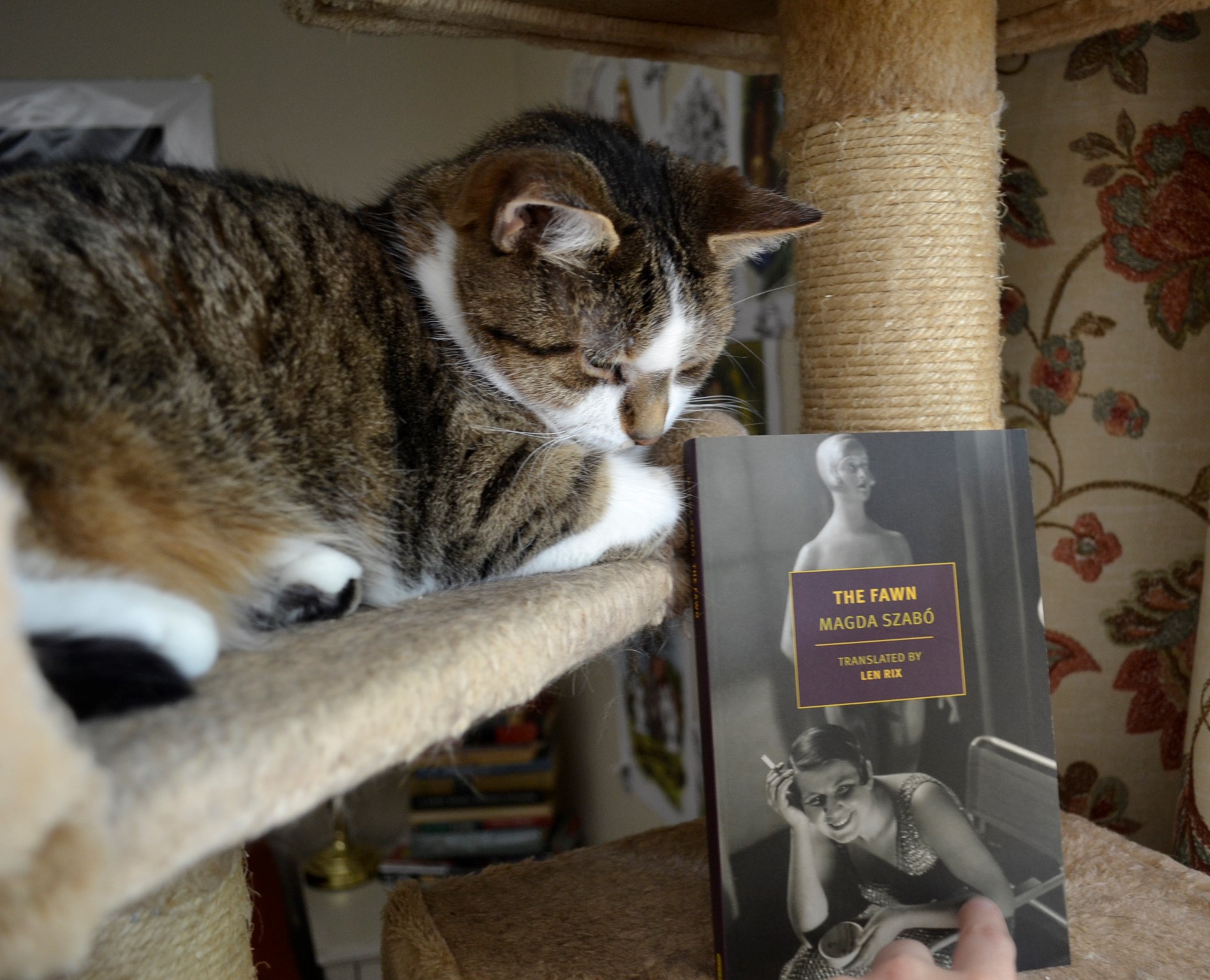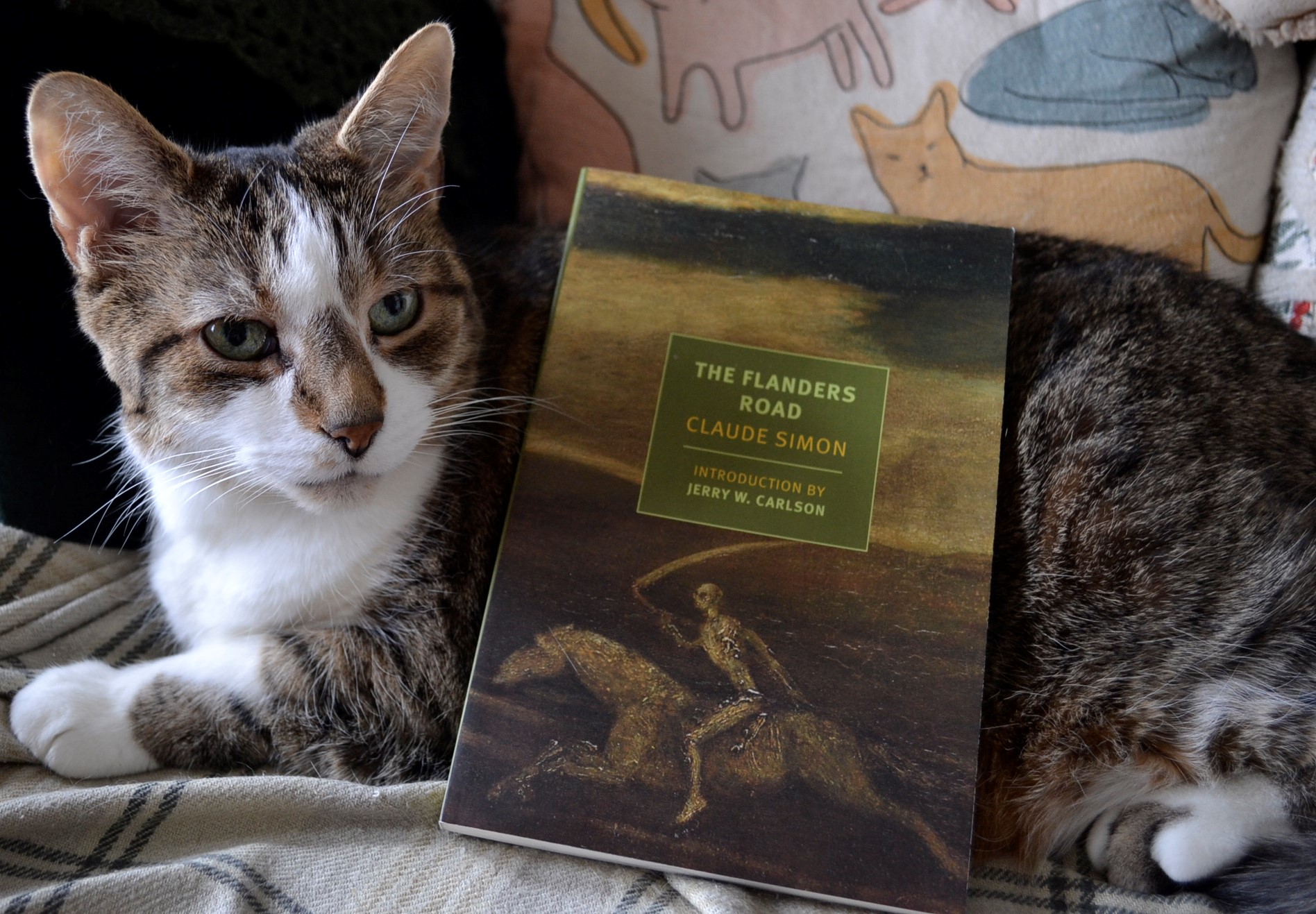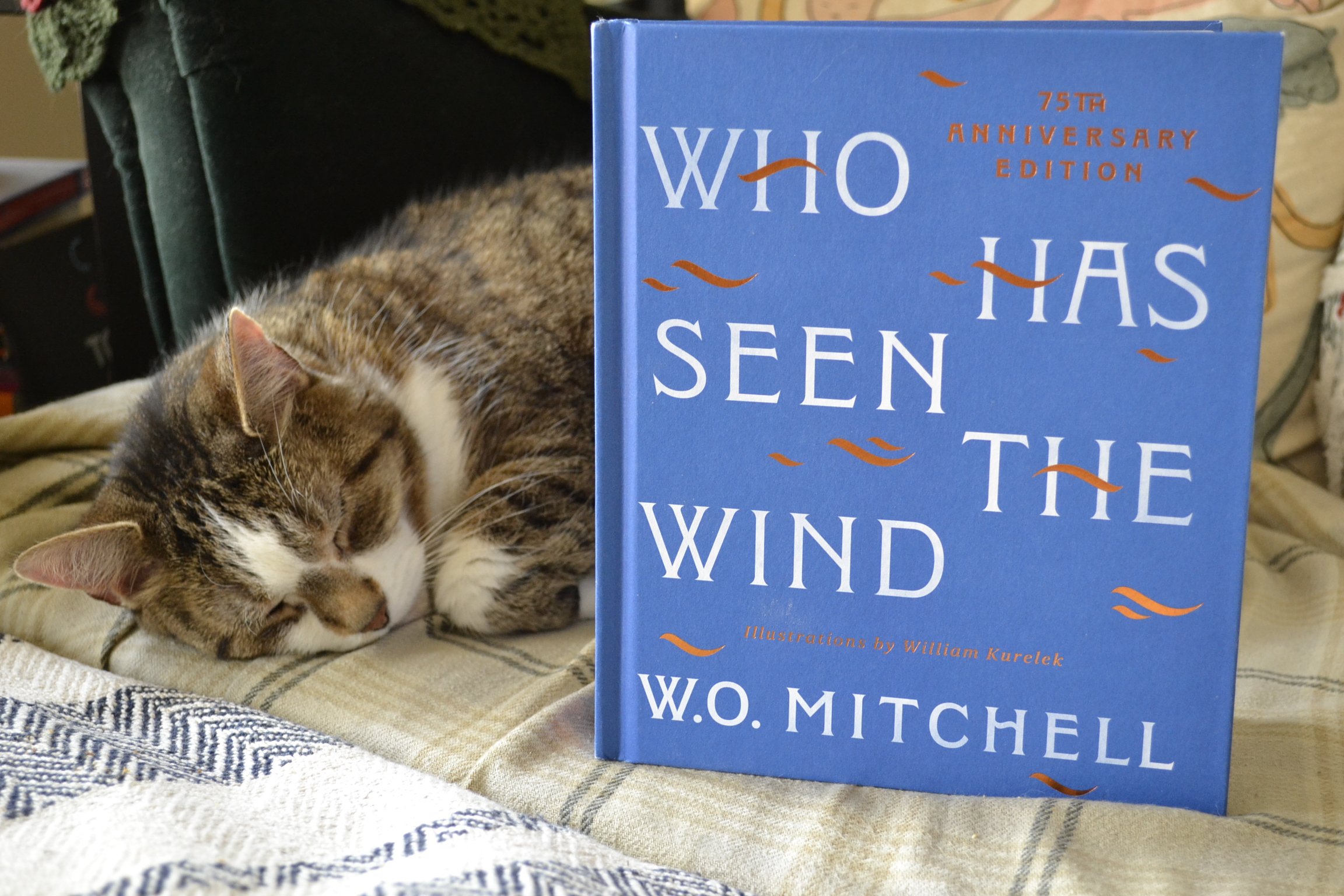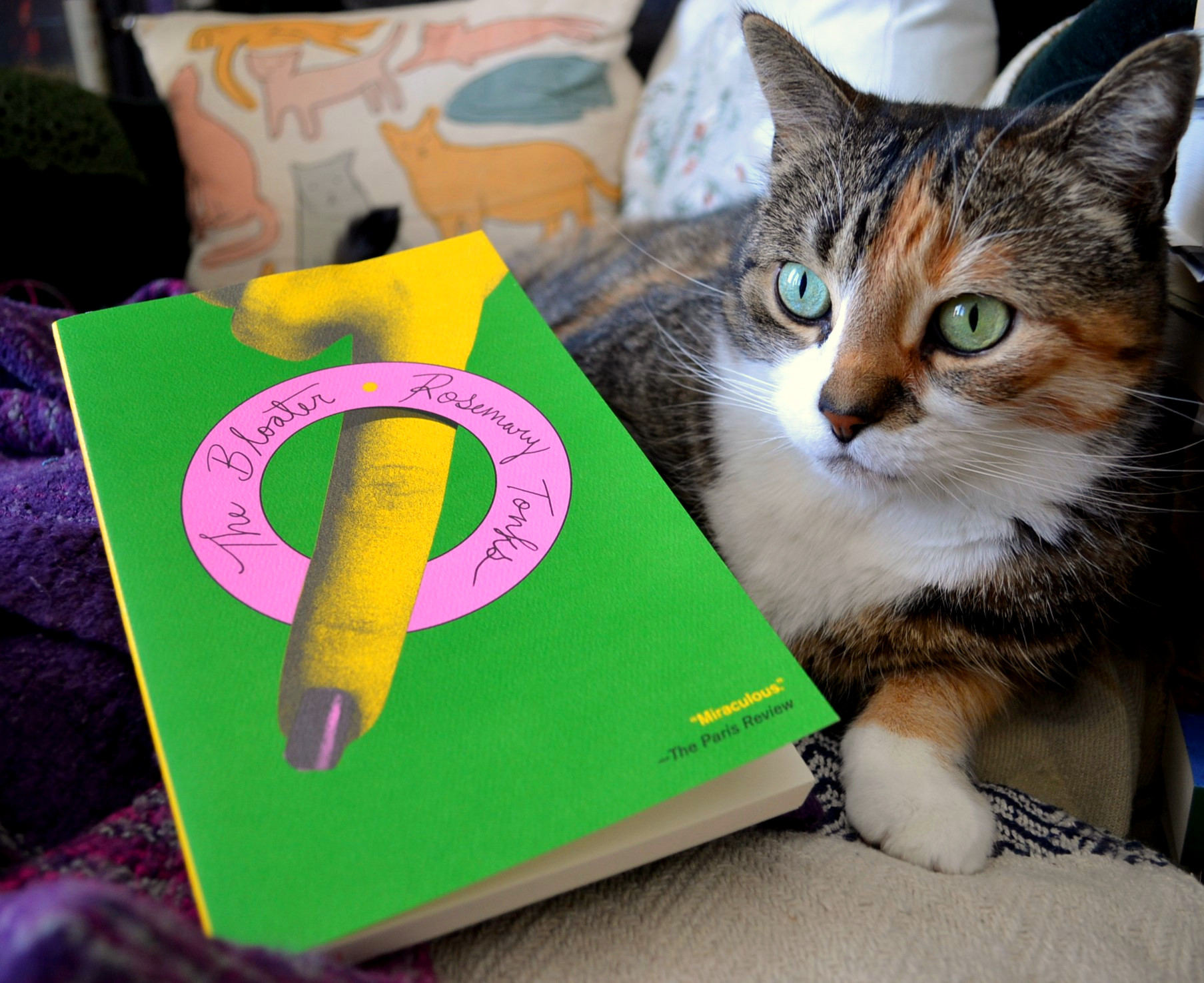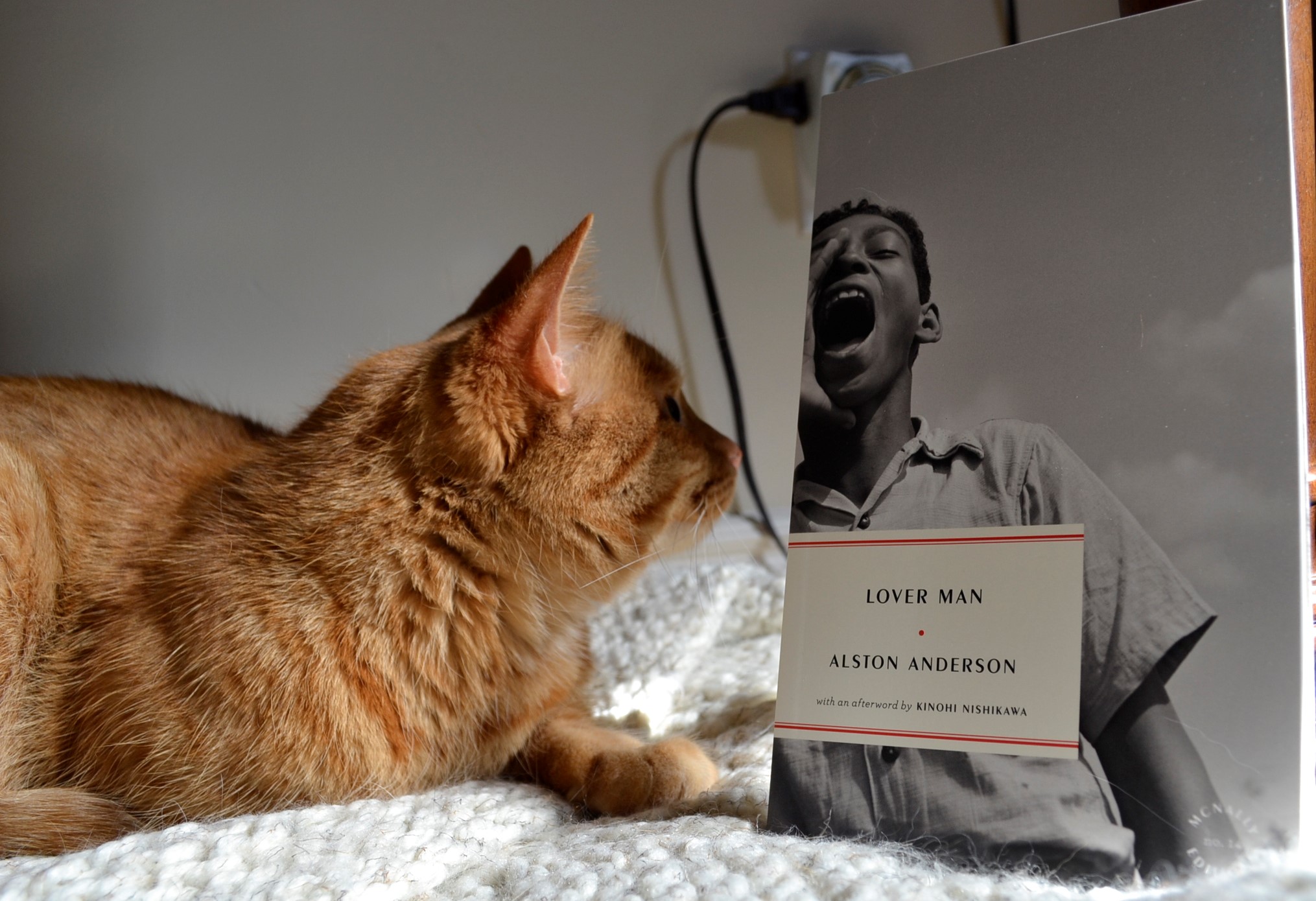Tell Me How Long the Train’s Been Gone
Tell Me How Long the Train’s Been Gone was not well-received when it was published and was compared unfavourably to Baldwin’s earlier work. Now there is a push to go back to it and appreciate it for the excellent book it is.
